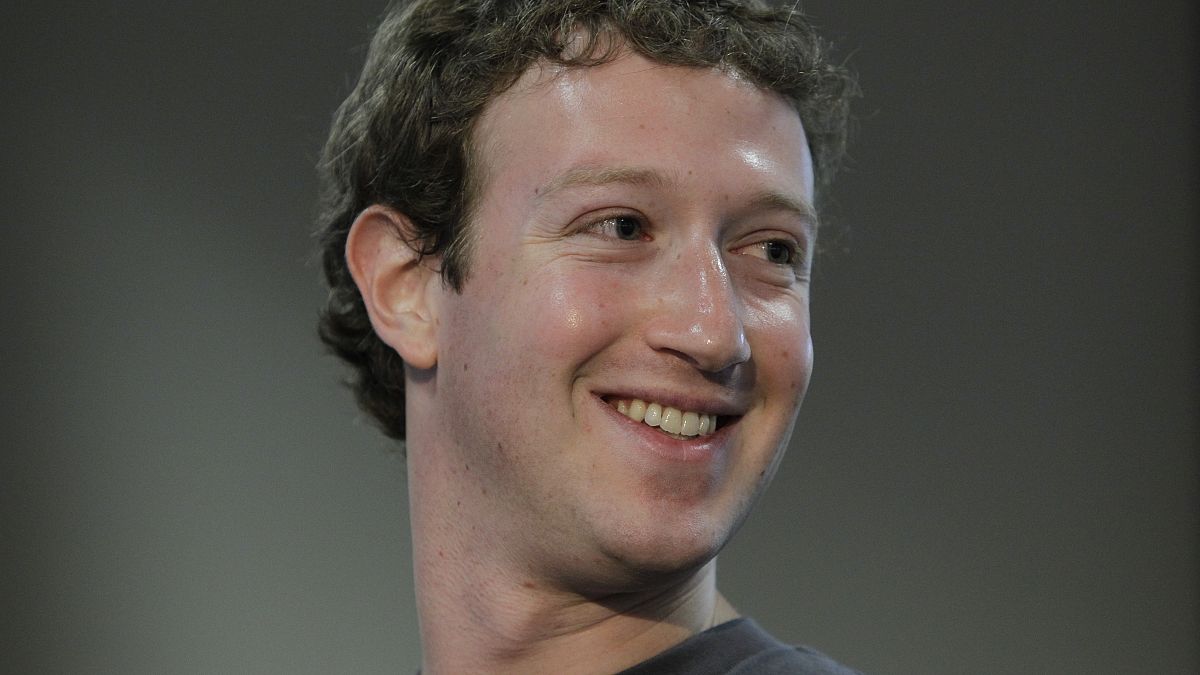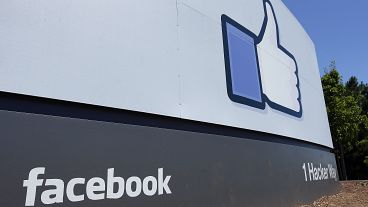Meta Platforms is scheduled to report its second-quarter earnings on Wednesday. Analysts expect the company to continue its double-digit growth with key focuses on advertising income and its newly announced AI tool, the Llama 3.1 model.
The parent company of Facebook, Meta Platforms, is set to report its second-quarter earnings after the US markets close on 31 July. The social media giant reported strong earnings for the first quarter but provided disappointing guidance, which led to a 15% drop in its shares on the day of the report. Nonetheless, its shares are up 33% year-to-date, making it one of the top performers among the Magnificent Seven stocks so far in 2024.
In the second quarter, investors will be looking for continued strong advertising earnings and progress in the development of the artificial intelligence (AI) tool, Llama 3.1 model. Meanwhile, Meta’s ambitious spending on AI advancements could also be a point of concern.
Forecasts
According to FactSet, Meta is expected to report revenue of $38.3 billion (€35.26 billion) for the second quarter, representing 19.6% growth from the same quarter last year. The earnings per share are anticipated to be $4.71 (€4.34), making a 57% growth year-on-year. Despite continued expansion, the predicted pace of growth suggests a slowdown compared to the previous quarter.
In the first quarter, Meta reported earnings per share of $4.71(€4.34) on total sales revenue of $36.46 billion (€33.56) billion. Its revenue represented a 27% increase year on year, while the net income more than doubled from the first quarter of 2023. Meta projected overall sales to be between $36.5 (€33.6 billion) and $39 billion (€35.6 billion), with the mid-point $38.2 billion (€35.2 billion) lower than analysts’ forecast.
Additionally, investors will closely monitor Meta’s guidance for the third quarter, with analysts expecting revenue to increase by 14.7% year over year. Growth is forecast to further slow to a 12.6% increase in the final quarter of this year, suggesting a relatively subdued remainder of the year.
Business spotlight
The key metric of Meta’s performance shifted from subscription numbers to advertising revenue since the final quarter of 2023, as it stopped providing daily and monthly active users for separate family apps. Instead, it started a new combined metric of Family daily active people (DAP).
In the first quarter, advertising income was a primary driver of sales, experiencing a 27% growth to $35.64 billion, which contributed 98% of its total revenue. Meta benefited from the advertising efforts of Chinese overseas online retailers such as Temu and Shein since the second half of 2023. However, both the US and the European Union are considering raising tariffs on inexpensive goods primarily imported from China through these e-commerce retailers. In the US election year, increasing odds of a Trump victory could impact the advertising income of social media companies, including Meta and Google.
Meta’s capital expenditure remains a concern for investors as CEO Mark Zuckerberg has indicated plans to increase spending on AI-related projects, such as AI training, and high computing chips in its data centers. The company anticipates full-year 2024 capital expenditures will range from $35 billion (€32.2 billion) to $40 billion (€36.8 billion), representing a 42% increase from 2023.
The AI advancement is yet to be monetised
Meta stands as one of the front-runners in the AI race, with its generative AI large language models (LLMs) model, LIama 3.1 405B, announced on 23 July. Unlike AI tools of other tech giants, Llama 3 is an open source model, which allows the third party developers to access and modify its code. Meta claims this approach will save half the costs compared to tools like ChatGPT. CEO Mark Zuckerberg believes Llama will become the most popular AI assistant by the end of this year. However, an open-source AI model also exposes the company to security risks and potential regulatory hurdles.
Meta has launched its AI models across its social apps, including Facebook, WhatsApp, Instagram, and Messenger. These AI services are currently free and have yet to be monetised.
At the earnings press conference, Zuckerberg noted: “We’ve historically seen a lot of volatility in our stock during this phase of our product playbook where we’re investing in scaling a new product but aren’t yet monetising it.”
Despite the lack of immediate monetised profit from the AI tool, Meta is likely to introduce ads into AI interactions on its social platforms or charge for access to its AI model.















